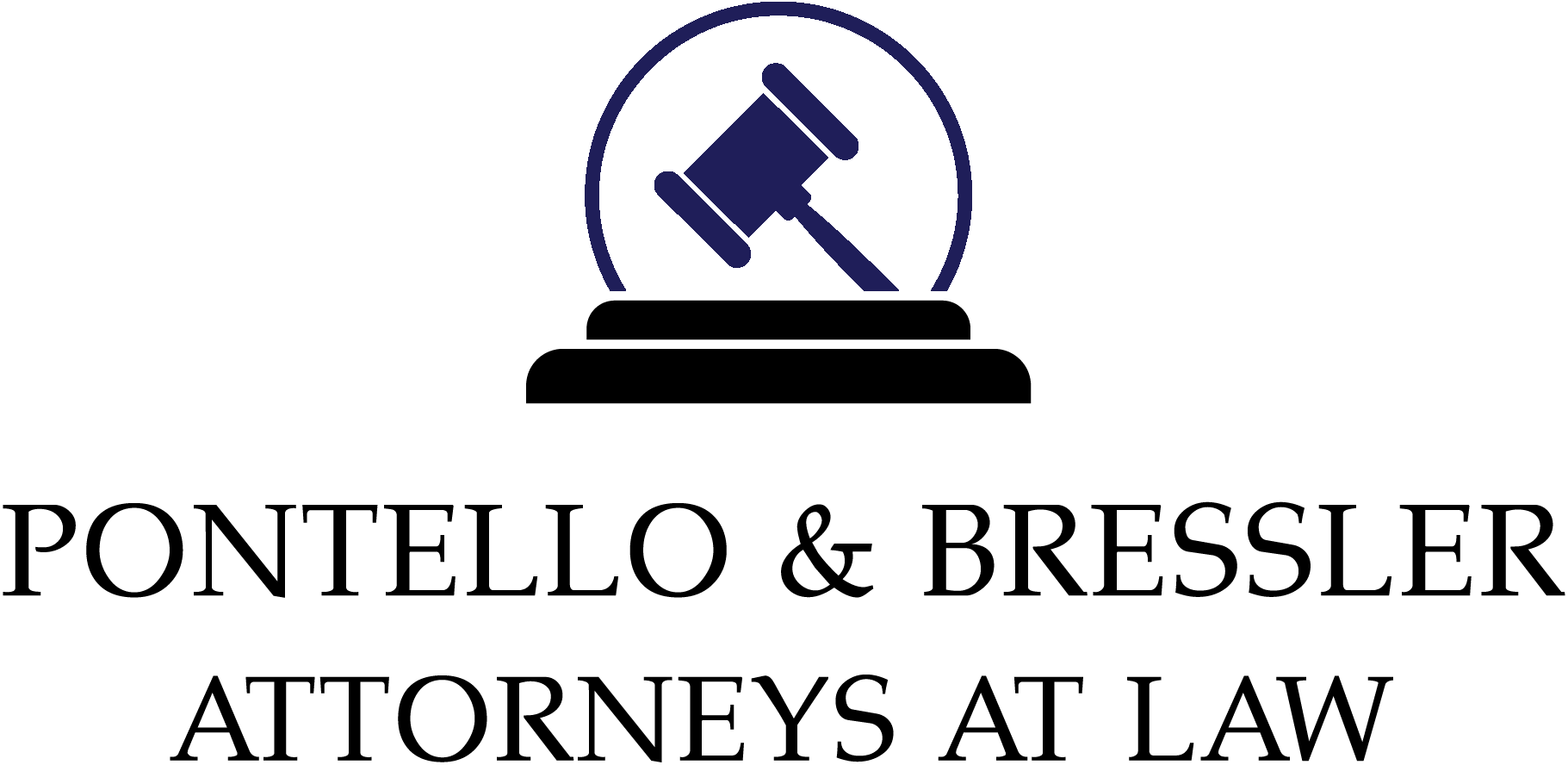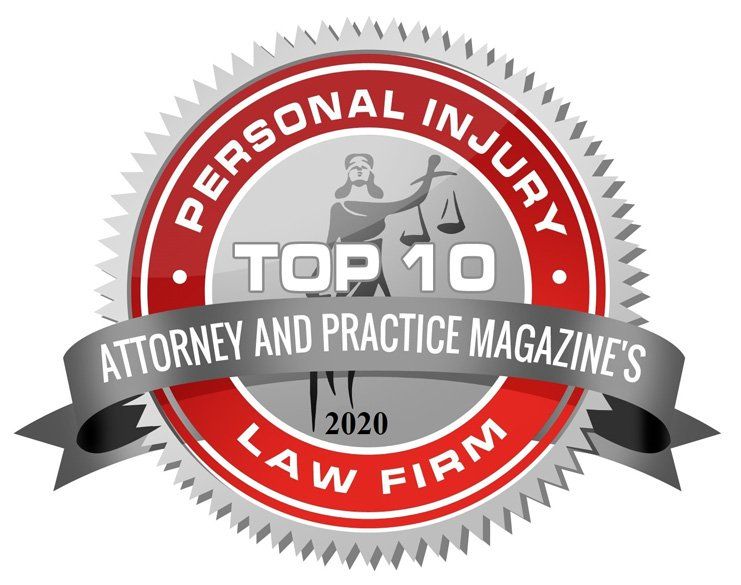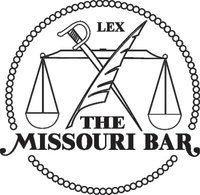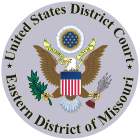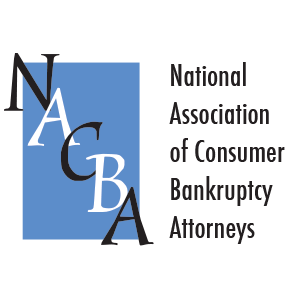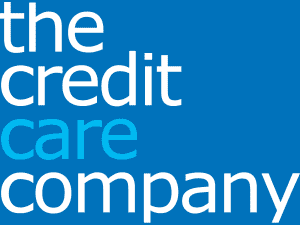Fair Credit Reporting Act (FCRA)
A person’s credit rating can have enormous impact on multiple aspects of his or her life, which makes the accuracy of credit reports highly important. A negative credit report can result in a bank denying a mortgage or car loan, an employer opting not to offer a job, or a landlord refusing to rent to the person with the unfavorable credit rating.
The Fair Credit Reporting Act (FCRA) is a federal law originally passed in 1970 that regulates consumer reporting agencies (CRAs), including the three major national credit bureaus, Equifax, Experian, and TransUnion. The FCRA lays out who can access a person’s credit report, what information may be reported as well the length of time it may be reported for, and how consumers can dispute inaccurate information on their credit reports.
St. Louis Consumer Protection Attorney
Amendments to the FCRA have required the three major credit bureaus to provide consumers with one free credit report per year. Many people who take advantage of these free reports often find that there are some types of errors or mistakes in their credit histories. When a consumer disputes an inaccuracy in his or her credit report, the credit bureau is required to investigate and provide an updated copy of the report.
Unfortunately, the credit bureaus do not always complete a thorough investigation. However, consumers who suffer financial harm because of these failures can hold negligent parties liable for the damages. Pontello & Bressler, LLC helps clients all over the greater St. Louis area with FCRA lawsuits.
Some of the types of FCRA cases our firm handles include:
- Identity Theft — A person has his or her credit record harmed by another party who has falsely used the individual’s name and personal information to open various credit accounts that were never paid. The consumer can dispute this fraudulent activity, but the credit bureaus and the companies that provided the information (the furnishers) never remove the negative account information.
- Mixed Reports— Also known as “mismerged reports,” these cases involve credit bureaus mixing the credit information of two different people with similar names or social security numbers. One person’s negative credit history then affects the credit rating of the other person. Again, the consumer can dispute the inaccuracy, but credit bureaus may continue to make the same mistake in the future and harm the innocent person’s credit.
- Misreported Information— Sometimes a furnisher simply reports something that is incorrect, such as delinquent account. Other times, a consumer may learn that his or her credit report states he or she is behind on payments for an account he or she has paid off. In bankruptcy cases, debt information that should be eliminated may continue to show up as being owed. Any of these types of errors can have a negative impact on that person’s credit score.
When a consumer files a dispute and these types of mistakes are not corrected, that individual can be entitled to damages against the parties that violated the FCRA. Some of the different parties that can be held liable for FCRA violations include:
- CRAs
- Furnishers of information
- Unauthorized third party recipients of reports
Find the Best Fair Credit Reporting Act Lawyer
If your credit report contains incorrect information that is causing you financial harm, you should immediately contact an experienced consumer protection attorney. Contact Pontello & Bressler, LLC today to schedule a free consultation that will let our firm review your case and see how we can help hold negligent parties accountable.
